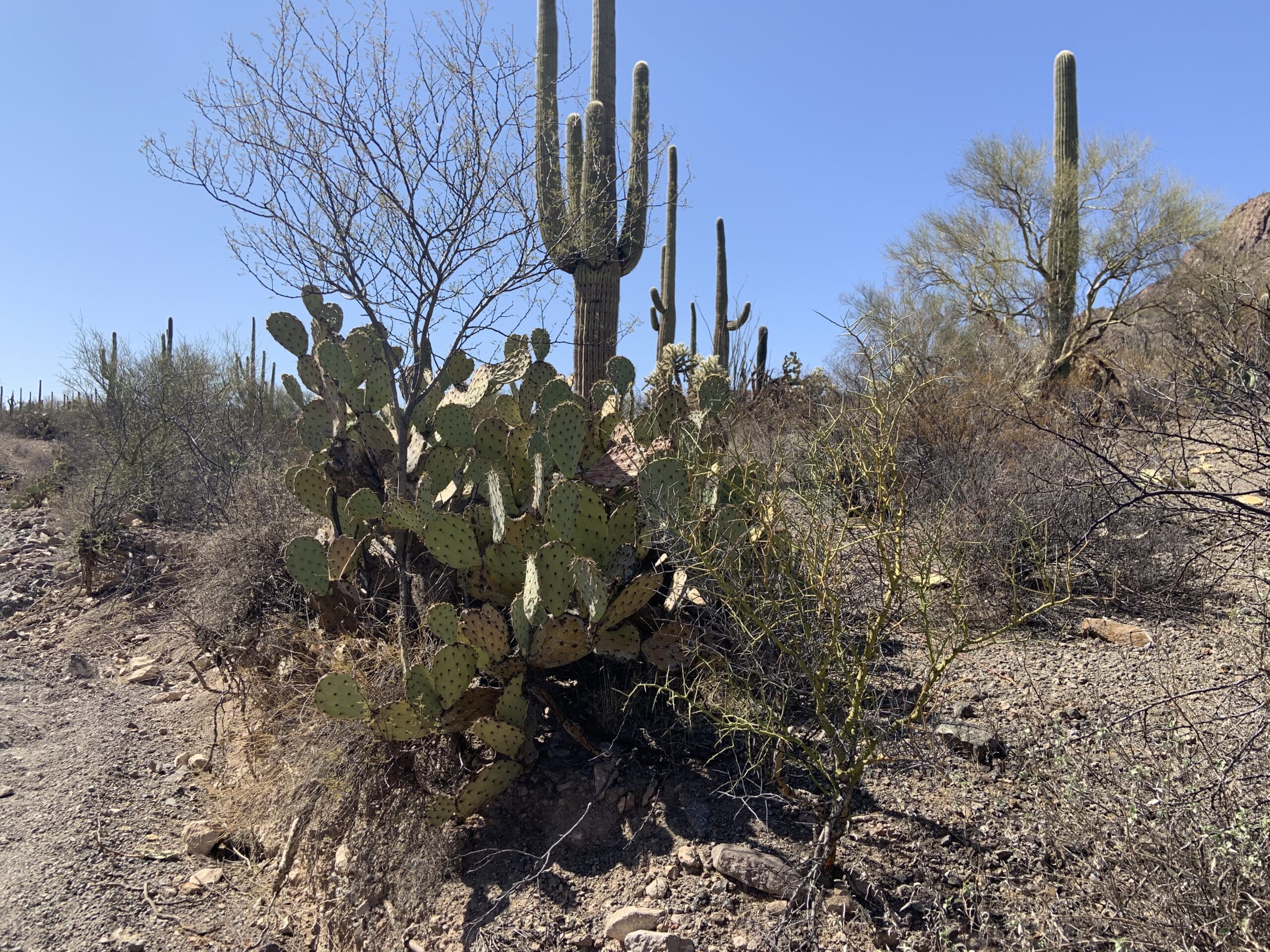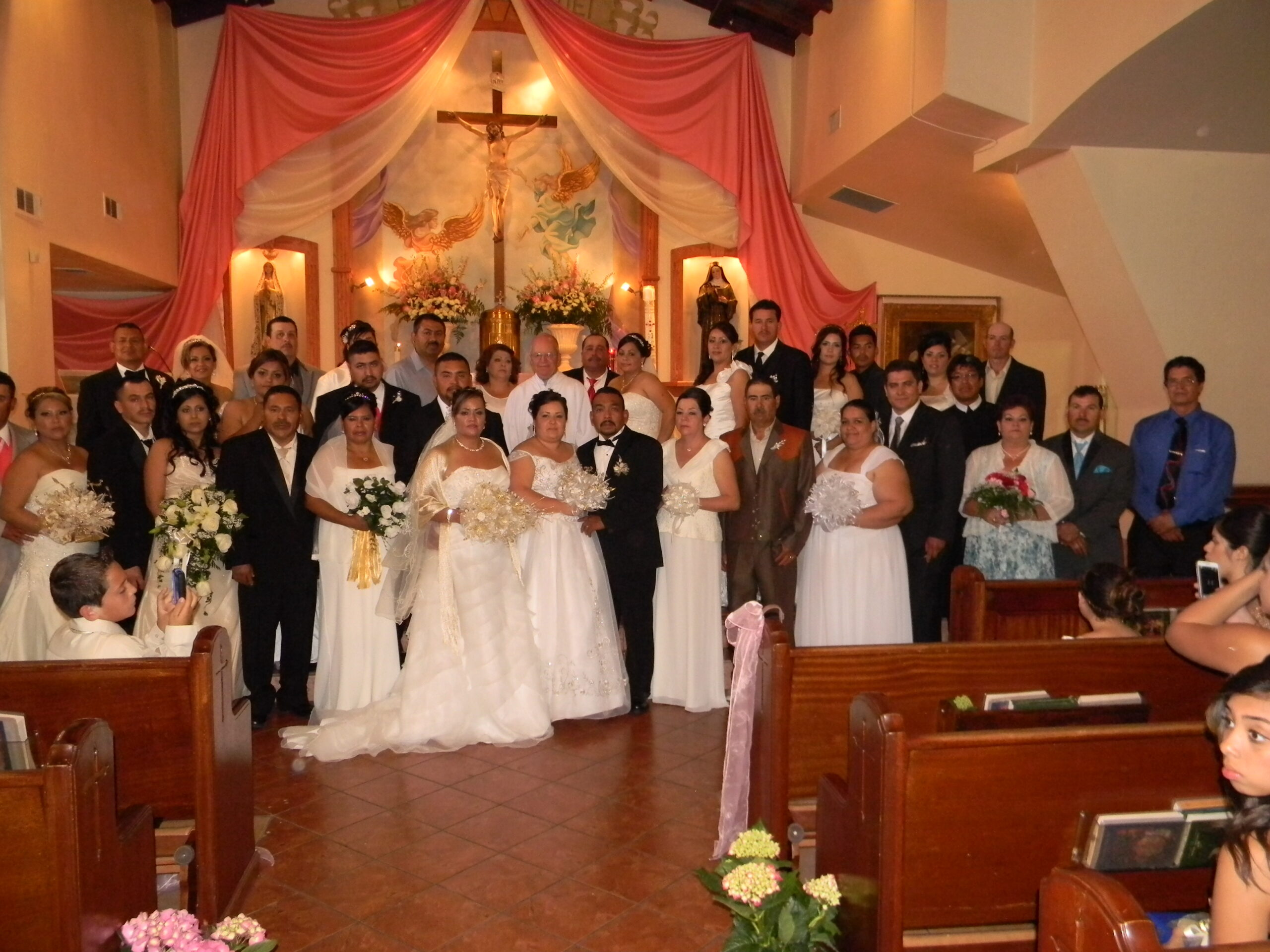The right to receive the sacraments / El derecho a recibir los sacramentos
(Antes de considerar el papel de los catequistas en la preparación de las personas para recibir los sacramentos, en particular los sacramentos de iniciación, Bautismo, Confirmación y Eucaristía, que todos los catequistas y ministros de los sacramentos consideren el derecho de los fieles cristianos a recibir la gracia de los sacramentos)
El derecho a recibir los sacramentos
El Derecho Canónico 213 dice: “Los fieles tienen derecho a recibir de los Pastores sagrados la ayuda de los bienes espirituales de la Iglesia principalmente la palabra de Dios y los sacramentos”.
Es un “derecho”, no un privilegio recibir los sacramentos. Este es un derecho enraizado en el Bautismo. No es un privilegio concedido por las autoridades de la Iglesia, sino un derecho enraizado en la acción de Cristo. En el antiguo código de derecho canónico, esto se presentaba como el único “derecho” establecido directamente para los laicos. El Concilio Vaticano II pidió que estos bienes (palabra y sacramento) estén disponibles en abundancia. El nuevo código de derecho canónico amplía este derecho a recibir la gracia del sacramento.
El Canon 843 se refiere a la responsabilidad de los sacerdotes: “Los ministros sagrados no pueden negar los sacramentos a quienes los pidan de modo oportuno”
Un pastor tiene el deber de ver que la persona esté debidamente preparada para recibir el sacramento. Además, el canon pide al párroco que ponga a disposición la gracia del sacramento. La responsabilidad en este canon se refiere a la actividad del pastor, no al peticionario. Para cumplir con este requisito, los párrocos supervisan los programas de formación en sus parroquias.
Las pautas administrativas y pastorales para la recepción de los sacramentos se pueden encontrar en el derecho canónico, las prácticas diocesanas y las reglas de sentido común desarrolladas en la comunidad local. En todos los niveles, es importante recordar que los sacramentos son el signo del amor de Cristo por su pueblo. Por eso, el Derecho Canónico cubre muchas situaciones que exigen discreción. Cuando una persona con necesidades especiales pide la gracia del sacramento, si hay alguna duda de que la persona es capaz de comprender el sacramento, la Iglesia opta por la persona. Véase el Canon 913. Necesitamos desarrollar prácticas en torno a los sacramentos que correspondan a las realidades de la vida de las personas a las que servimos. Las reglas son importantes, pero el ejemplo de la compasión de Jesús por los enfermos, los ciegos, los cojos y los marginados nos recuerda que el ministerio testimonia el amor de Dios por los pobres y los más abandonados.
“En caso de duda, dáselo”
Como seminarista, una noche a la semana iba con la sociedad de San Vicente de Paulo a distribuir alimentos y ayuda para los servicios públicos de los pobres de Milwaukee. El hermano Matthew nos dijo que si nos encontrábamos con personas de las que no estábamos seguros si tenían necesidad o estaban engañando nuestros programas, él decía: “En caso de duda, dáselo”. No fuimos enviados a juzgar si las personas eran dignas de recibir ayuda, sino que teníamos que ser generosos.
Se debe adoptar un enfoque similar cuando la gente viene a nuestras iglesias para recibir la gracia del sacramento. Cuando nos preguntamos si la persona realmente cree o no en la presencia de Cristo en los Sacramentos, debemos juzgar a favor del pobre.
La gracia puede hacer milagros
Una joven no quiso asistir a las clases de Confirmación. Hizo saber que su madre la hacía venir a las clases. Su madre no estaba feliz conmigo cuando le dije que, si su hija no deseaba recibir la Confirmación, honraríamos su deseo y no sería confirmada. La joven llegó a clase al día siguiente con una actitud diferente. Ella dijo: “Gracias por hablar con mi mamá. Ahora que no tengo que hacerlo por ella, quiero recibir la Confirmación”. Ella pasó a recibir su Confirmación.
(Si tienes observaciones o preguntas para Padre Migrante, envían las a padremigrante@gmail.com)
(Before considering the role of catechists in preparing people to receive the sacraments, in particular the sacraments of initiation, Baptism, Confirmation and Eucharist, let all catechists and ministers of the sacraments consider the right of the Christian faithful to receive the grace of the sacraments)
The right to receive the sacraments
Canon 213 says, “The Christian faithful have the right to receive assistance from the sacred pastors out of the spiritual goods of the Church, especially the word of God and the sacraments.”
It is a “right”, not a privilege to receive the sacraments. This is a right rooted in Baptism. It is not a privilege granted by Church authorities, but a claim rooted in the action of Christ. In the former code of Canon law, this was presented as the only “right” directly stated for laypersons. The Second Vatican Council called for these goods (word and sacrament) to be made available in abundance. The new code of Canon law expands on this right to receive the grace of sacrament.
Canon 843 addresses the responsibility of pastors: “The sacred ministers cannot refuse the sacraments to those who ask for them at appropriate times.”
A pastor has the duty to see that the person is properly prepared to receive the sacrament. Also, the canon calls on the pastor to make the grace of sacrament available. Responsibility in this canon refers to the activity of the pastor, not the petitioner. To fulfill this requirement, pastors oversee programs of formation in their parishes.
Administrative and pastoral guidelines for reception of the sacraments can be found in Canon Law, diocesan practices, and common-sense rules developed at the local community. On all levels, it is important to remember that the sacraments are the sign of Christ’s love for his people. For this reason, Canon Law covers many situations that demand discretion. When a person with special needs asks for the grace of sacrament, if there is any doubt that the person is able to understand the sacrament, the Church opts in favor of the person. See Canon 913. We need to develop practices around the sacraments that correspond to the realities in the lives of the people whom we serve. Rules are important, but the example of Jesus’ compassion for the sick, the blind, the lame and the outcast reminds us that ministry witnesses the love of God for the poor and most abandoned.
“When in doubt, give it out”
As a seminarian, one night a week I went with the St. Vincent de Paul society to distribute food and assistance for utilities for the poor in Milwaukee. Brother Matthew told us that if we met people who we were uncertain if they were in need or were scamming our programs, he said, “When in doubt, give it out.” We were not sent out to judge if people were worthy of receiving assistance, but that we must be generous at all times.
A similar approach needs to be taken when people come to our churches to receive the grace of sacrament. When we wonder if the person really believes or not in the presence of Christ in the Sacraments, we must judge in favor of the poor person.
Grace can work miracles
A student did not want to attend the classes for Confirmation. She made it known that her mother made her come to the classes. Her mother was not happy with me when I told her that, if her daughter did not wish to receive Confirmation, we would honor her wish and she would not be confirmed. Mother was not happy. The young woman came to class the next day with a different attitude. She said, “Thank you for talking with my Mom. Now that I do not have to do it for her, I want to receive Confirmation.” She went on to receive her Confirmation.
(I will highlight some of the catechist workshop over the next few days.)
(If you want Padre Migrante to respond to your concerns or questions, write to: padremigrante@gmail.com)
Oh Jesús, tú nos llamas: “Síganme”. Bendice, Señor, a todos los que acogen tu llamado. Puede que el camino no sea fácil, pero tenemos la confianza de que todo es posible si caminamos contigo. Que este viaje nos abra los ojos a las maravillas de tu amor por nosotros. Oramos por toda tu gente, por todos los creyentes e incrédulos, por los líderes y seguidores. Oramos por la sanación, el perdón, la compasión, la justicia y la paz. Oramos para que, al seguirte, nosotros también podamos ser pescadores de hombres. Bendícenos en nuestro viaje.
O Jesus, you call us, “Come after me.” Bless, O Lord, all who welcome your call. The path may not be easy, but we have confidence that all things are possible if we walk with you. May this journey, open our eyes to the wonders of your love for us. We pray for all your people, for all believers and unbelievers, for leaders and followers. We pray for healing, for forgiveness, for compassion, for justice, for peace. We pray that as we follow you, we too can be fishers of men. Bless us on our journey.




